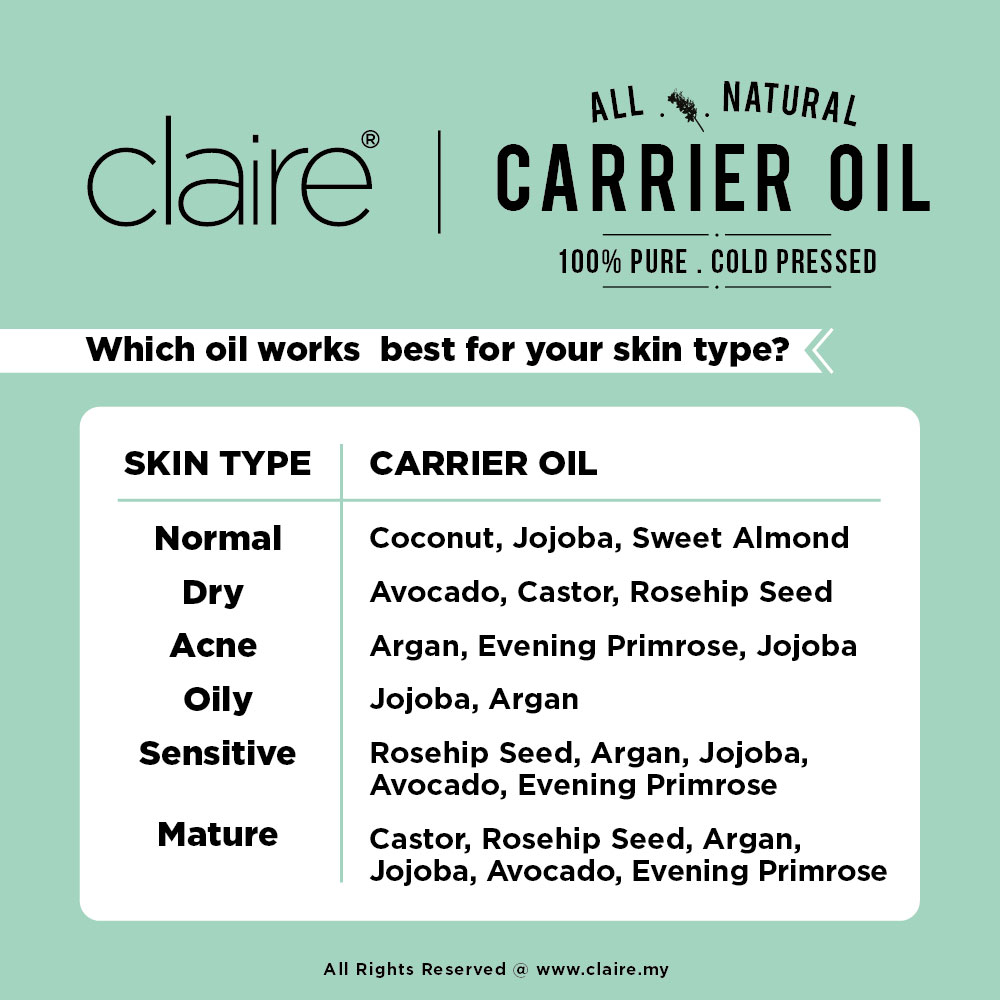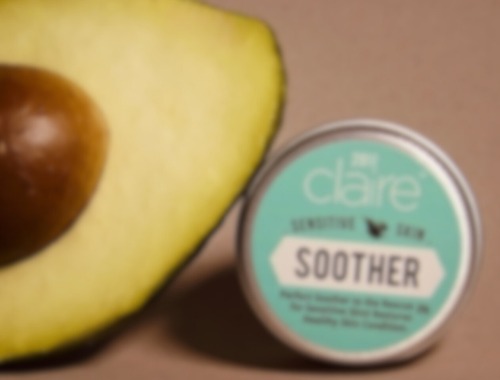
Essential oils, what are they? Essential oils are made from different parts of plants. Such as leaves, stems and so on. Essential oils are compounds extracted from plants and are obtained through distillation or cold pressing. Essential oils can be added to vegetable oils, creams and bath gels. To use them you can simply smell them or rub them on your skin. They are often used in aromatherapy which can help with relaxation and treat headaches or migraine.
Does aromatherapy actually work? Or is it just a placebo effect? Well, there is scientific evidence that smelling fragrances that are commonly found in essential oils can help with our wellbeing. A study showed that ambient odours of orange and lavender reduced anxiety and improved the mood of patients waiting in a dental office.
In fact, according to Healthline, here's a list of 10 popular essential oils and the health claims associated with them:
Peppermint: used to boost energy and aid digestion
Lavender: used to relieve stress
Sandalwood: used to calm nerves and help with focus
Bergamot: used to reduce stress and improve skin conditions like eczema
Rose: used to improve mood and reduce anxiety
Chamomile: used to improve mood and relaxation
Ylang-Ylang: used to treat headaches, nausea, and skin conditions
Tea Tree: used to fight infections and boost immunity
Jasmine: used to help with depression, childbirth, and libido
Lemon: used to aid digestion, mood, headaches, and more
Knowing the health benefits of essential oils is one thing, but putting it to use is another. Essential oils are high concentrations of plant extract. These extracts usually come from the plant's defence system and can be harmful to your body if used wrongly. Here are some Dos and Don'ts when using essential oils.
DOs
Inhale the scent from the bottle
Combine essential oil with a carrier oil to create a product that's ready for use
Add a few drops of essential oil into a diffuser
Add a few drops of essential oil into shampoo or skincare
DON'TS
1. Do not consume essential oils
Essential oils meant for EXTERNAL usage only. Ingesting essential oils can poison you and if the oils make it to your lungs, it can lead to pneumonia.
2. Do not apply essential oils directly to the skin.
Applying undiluted essential oils to the skin may cause skin irritation. You can dilute it with a carrier oil, water, bath gel or any other skincare product.

Carrier Oils
Speaking of carrier oils, they are mainly used to dilute essential oils and "carry" them to your skin. Carrier oils, when applied on their own, can also be very beneficial to the skin, but by adding Essential oils, they receive an extra 'boost' of benefits. Common factors that you should look into when deciding on a carrier oil are odour, absorption, designated skin type and shelf life. Here's an easy guide on how to choose a carrier oil best suited for your skin type.
Combining essential oils and carrier oils can be very beneficial to the user when used correctly. However, if you are still concerned with using it wrongly, don't worry, here is a helpful guide from Healthline on how to dilute your essential oils with carrier oils.
Dilution guidelines for mixing essential oils with carrier oils
For adults:
2.5 percent dilution: 15 drops essential oil per 6 teaspoons carrier oil
3 percent dilution: 20 drops essential oil per 6 teaspoons carrier oil
5 percent dilution: 30 drops essential oil per 6 teaspoons carrier oil
10 percent dilution: 60 drops essential oil per 6 teaspoons carrier oil
For children:
0.5 to 1 per cent dilution: 3 to 6 drops essential oil per 6 teaspoons carrier oil
Claire Organics, where self-love blooms into kind beauty.





